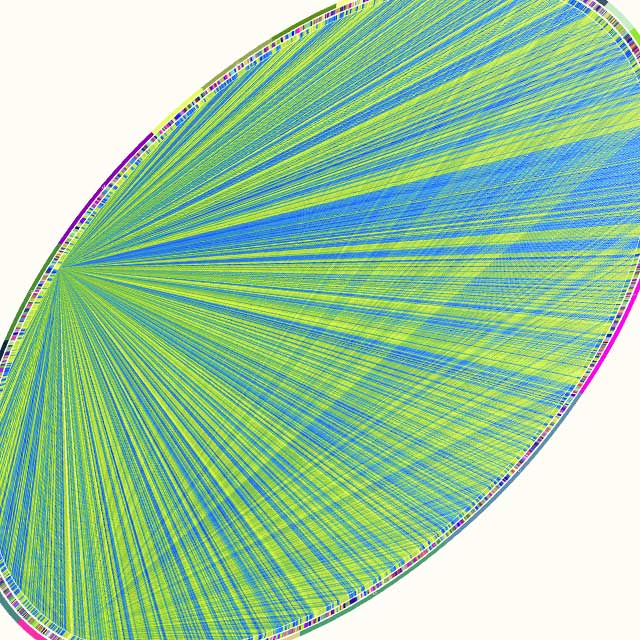
 Professor Peter Visscher: Program in complex trait genomics
Professor Peter Visscher: Program in complex trait genomics
The Visscher laboratory specialises in developing methodology that enables analyses aimed at understanding the genetic basis of differences in risk for disease, and other phenotypes between individuals. This research crosses the boundaries of quantitative and statistical genetics, population genetics and human genetics. Applications are diverse but include the study of cognition, cognitive change, and psychiatric and neurological disorders.
Researcher biography
Visscher joined the University of Queensland in 2011, where he is Professor of Quantitative Genetics. He is a Laureate Fellow of the Australian Research Council. Visscher was elected a Fellow of the Australian Academy of Science in 2010, a Fellow of the Royal Society (London) in 2018 and a Foreign Member of the Royal Netherlands Academy of Arts and Sciences in 2018.
Visscher's research is about genetic variation for complex traits (including quantitative traits and disease) in populations, with the broad aim to understand and quantify the causes and consequences of human trait variation.
Prof Peter Visscher, Prof Naomi Wray and Prof Jian Yang together comprise the Executive Team of the Program in Complex Trait Genomics (PCTG). PCTG comprises a critical mass of more than 30 post-doctoral researchers plus research assistants and students, all supported by external grant funding. Their skills lie in the ability to develop and apply statistical methods within the framework of quantitative, population and statistical genetics and to use theory to understand and predict results from data analyses. They play leading roles in the international research consortia. The focus of current research activities is in the detection and fine-mapping of loci underlying complex traits (including common disease), based upon theoretical studies and applications of methods to large datasets, in population genetics studies using theoretical approaches and high-density genetic marker data, and in systems genomics studies.
